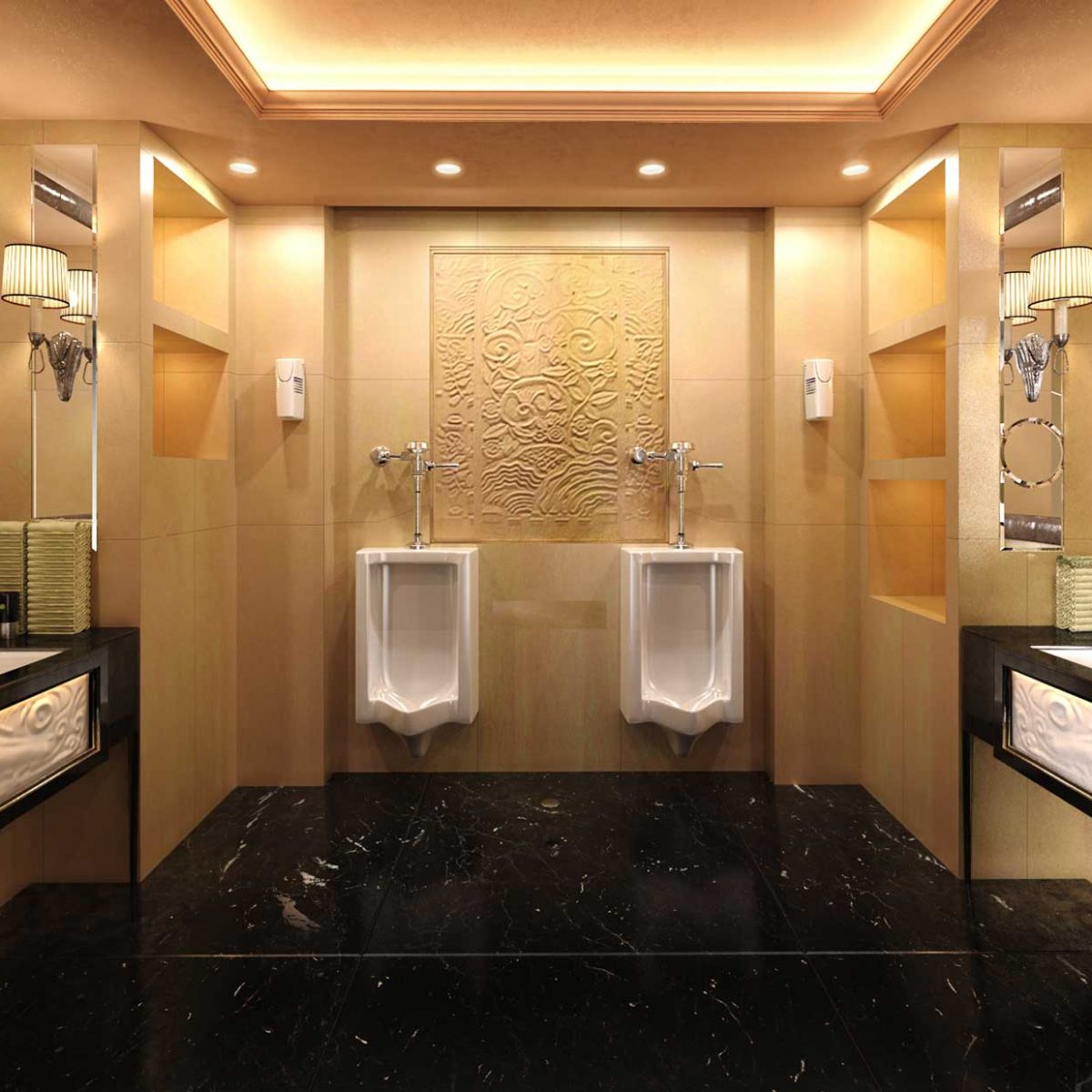Back in 2019, British perfume house Penhaligon’s and the five-star London Marriott Hotel, Park Lane, teamed up to launch ‘Suite Scents’, offering Premier Suite guests access to a collection of the brand’s most iconic fragrances to use during their stay.
Guests were hand-delivered a luxurious Penhaligon’s fragrance library, presented on a beautiful — and very Instagrammable — floral display. They chose their fragrance and on check-out, guests were presented with a full-size bottle to take away with them.
The aim was to connect fragrance with memory and create an unforgettable experience at the London Marriott Hotel Park Lane.
It is clear that experiences in hotels and other venues can be enhanced through scent and that scent plays a big part in the perception of clean. The surest way to build customer loyalty and superiority within the market is to ensure cleanliness is a top priority. It is imperative that both customers and staff are kept safe with surfaces that are appropriately cleaned and sanitized; however, it is critical to leverage all five of a customer’s senses when communicating cleanliness. Just because a surface has been sanitized, it’s not always clear to the naked eye.
Venues can go further by making sure the signs are there for customers to see, touch, hear and smell. Post-coronavirus, doing the bare minimum isn’t an option anymore. Going above and beyond with cleanliness will result in better experiences for guests and in turn more revenue.
Plan, plan and plan ahead
Firstly, venues should focus on planning — properly planned processes and protocols mean operations run smoothly and no corners are cut. It’s all very well installing a shiny new product, except if it’s left to fall by the way side after a few months without being serviced!
Let’s take a hotel as an example. High-touch and high-traffic areas should be identified and management should trace a visitor’s steps — what do they see and smell when they arrive? Perhaps they might see flowers, but does the smell correlate with the scenery? They may have just travelled on a busy train and be eager to wash their hands before checking in — are there cleaned and filled sanitising stations available?
What do they touch? Is there appropriate signage to the washrooms and what do they see when they get there? Can the visitor see that you have taken steps to make the establishment more hygienic and pleasant?
Proactively thinking about the scent of your facility matters because there are a world of external factors at play that impact a guest’s experience. Some venues may struggle to smell clean because of the age of the building, proximity to other infrastructure, or drainage issues. The most technologically-advanced fragrance systems can now provide 24-hour, reliable scent delivery, programmed to the venue’s exact needs. Even better, a uniform scent across the venue made by co-ordinating several products can reinforce cleanliness throughout a facility.
Show it off
Instagrammable bathrooms are the thing of the moment but it’s not just the women’s restrooms that deserve attention, the men’s restrooms matter too.
Restrooms can set the tone for the whole establishment. If a customer can see drips and smell urine, this will create a negative impression of the entire facility. Venues don’t have to invest thousands, even the smallest touches like urinal screens can dramatically help with keeping urinals tidy and bad odors under control. Urinal screens are a great precautionary tool too, helping to prevent costly drain blockages and urine from splashing on the floors, causing long-lasting damage or slipping hazards. These can be paired with small, cost-effective toilet bowl clips that slowly release a matching fragrance.
Ultimately, while grand gestures like the ‘Suite Scents’ are wonderful, you don’t need to be a five-star hotel to make an impactful, positive impression on your guests — you just need to focus on all five senses.




